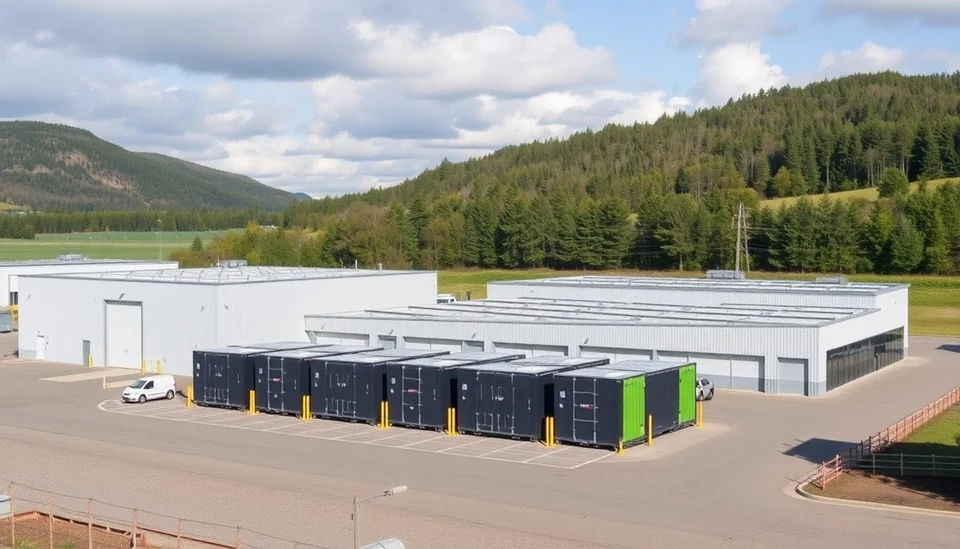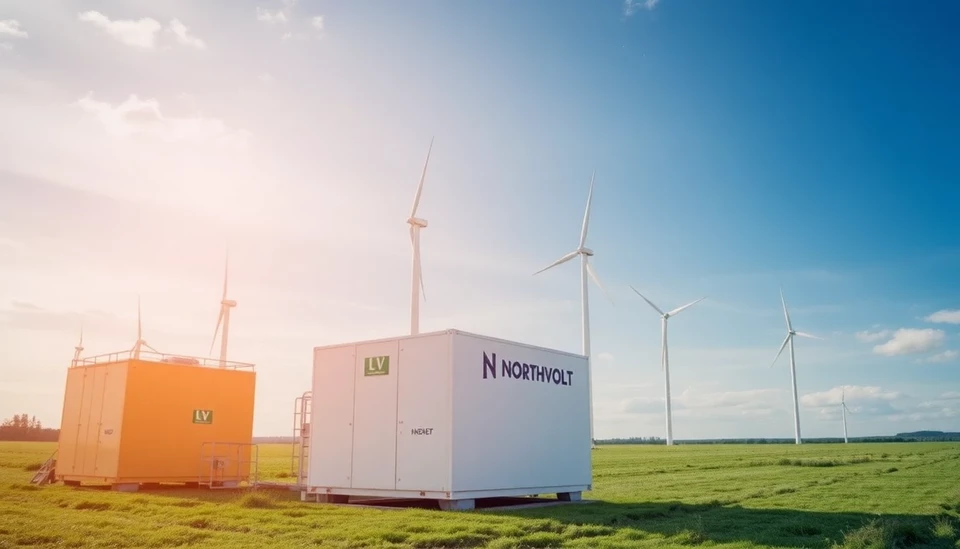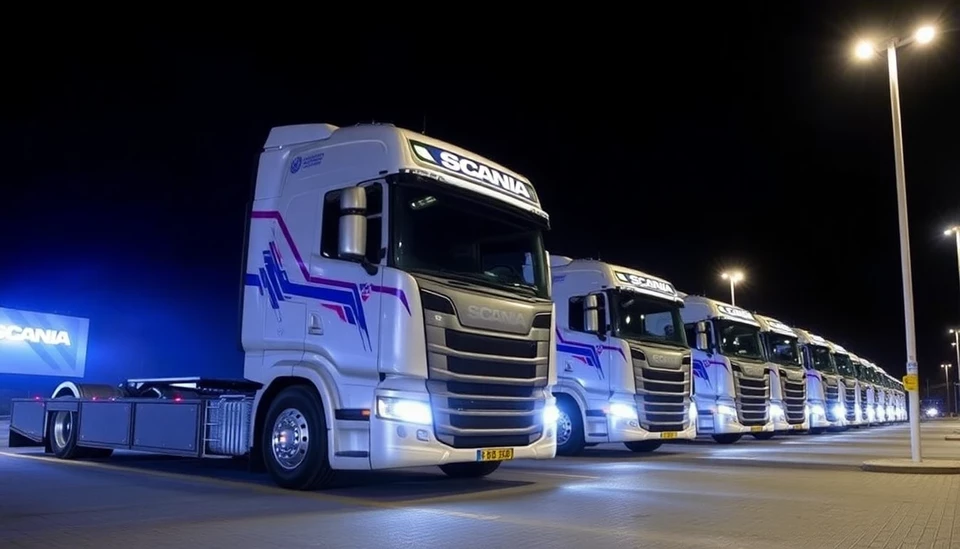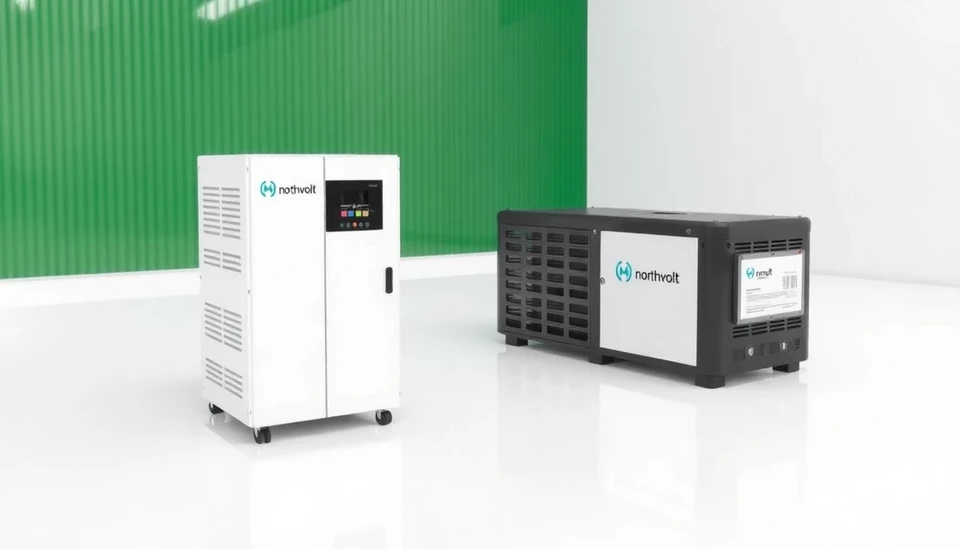
In a significant shift within the electric vehicle battery manufacturing landscape, troubled Swedish battery maker Northvolt has announced the sale of its US battery plant to California-based startup Lyten. This decision comes as Northvolt grapples with ongoing financial difficulties and a reassessment of its strategic assets.
The plant, located in the heart of the United States' electric vehicle supply chain, was initially a pivotal part of Northvolt's ambitious plans to expand its production capacity and reduce dependence on overseas suppliers. However, the company has faced mounting challenges in recent months, including rising costs and delays in securing additional funding necessary for its ambitious growth plans.
Lyten, the buyer, is a technology startup focused on advancing lithium-sulfur battery solutions, which promise greater energy density and sustainability compared to traditional lithium-ion batteries. This acquisition marks a strategic move for Lyten, allowing the company to scale up its production capabilities and bring its innovative battery technology to market more rapidly.
Northvolt's decision to divest this asset illustrates the broader trends affecting the electric vehicle industry, where companies are constantly navigating market volatility, supply chain uncertainties, and shifting regulatory environments. The deal represents not only a tactical pivot for Northvolt but also provides Lyten with crucial infrastructure to advance its technological goals in a rapidly evolving market.
Analysts view the sale as a necessary step for Northvolt to stabilize its financial footing. By offloading a burgeoning but burdened asset, the company aims to redirect its focus towards its core operations and existing projects, including its factory in Sweden which continues to produce batteries for various applications.
As Northvolt undertakes this transition, the industry will be watching closely to see if these changes will allow it to regain momentum and ultimately fulfill its vision of becoming a leading supplier of battery technology in Europe and beyond. Meanwhile, Lyten's purchase is expected to position it competitively within the electric vehicle sector, where demand for advanced battery technologies continues to surge.
The sale is expected to close within the coming months, pending regulatory approvals and final negotiations between the two companies. This development comes at a crucial time for both firms, as Northvolt strives to redefine its market strategy and Lyten looks to capitalize on its new capabilities.
As the electric vehicle industry continues to evolve, such shifts in ownership and strategy will likely become more common as companies seek to adapt to changing market dynamics and consumer demands.
In conclusion, this transaction not only highlights the challenges faced by established battery manufacturers like Northvolt but also underscores the potential for innovation and growth within the electric vehicle battery space, particularly for nimble startups like Lyten eager to carve out their niche.
#Northvolt #Lyten #BatteryTechnology #ElectricVehicles #EVIndustry #BatteryManufacturing #Sustainability #CleanEnergy
Author: John Harris




